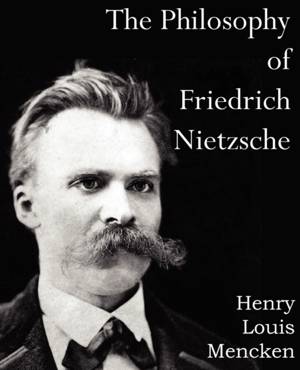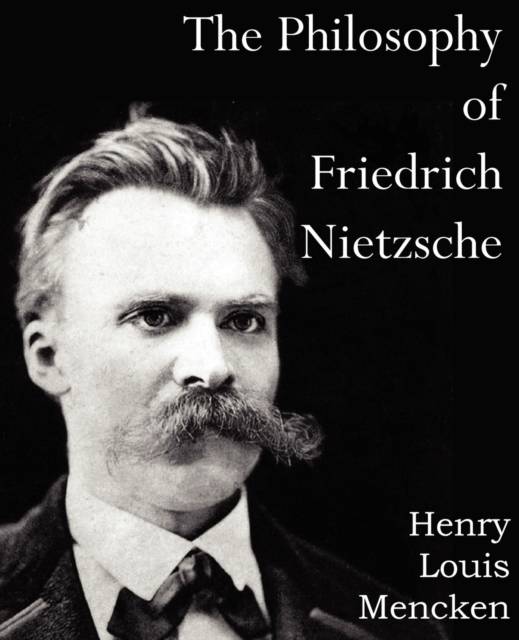
Bedankt voor het vertrouwen het afgelopen jaar! Om jou te bedanken bieden we GRATIS verzending (in België) aan op alles gedurende de hele maand januari.
- Afhalen na 1 uur in een winkel met voorraad
- In januari gratis thuislevering in België
- Ruim aanbod met 7 miljoen producten
Bedankt voor het vertrouwen het afgelopen jaar! Om jou te bedanken bieden we GRATIS verzending (in België) aan op alles gedurende de hele maand januari.
- Afhalen na 1 uur in een winkel met voorraad
- In januari gratis thuislevering in België
- Ruim aanbod met 7 miljoen producten
Zoeken
€ 22,45
+ 44 punten
Uitvoering
Omschrijving
The Philosophy of Friedrich Nietzsche and the music (and quasi-music) of Richard Strauss: herein we have our modern substitutes for Shakespeare and the musical glasses. There is no escaping Nietzsche. You may hold him a hissing and a mocking and lift your virtuous skirts as you pass him by, but his roar is in your ears and his blasphemies sink into your mind. He has colored the thought and literature, the speculation and theorizing, the politics and superstition of the time. He reigns as king in the German universities - where, since Luther's day, all the world's most painful thinking has been done - and his echoes tinkle, harshly or faintly, from Chicago to Mesopotamia. His ideas appear in the writings of men as unlike as Roosevelt and Bernard Shaw; even the newspapers are aware of him. He is praised and berated, accepted and denounced, canonized and damned. Pythagoras had no more devout disciples and Spinoza had no more murderous and violent foes. Wherefore it may be a toil of some profit to examine his ideas a bit closely; to differentiate between what he said in his books and what his apostles and interpreters and enemies say or think he said; and in the end, perhaps, to find out what he meant. Friedrich Wilhelm Nietzsche was a 19th-century German philosopher, poet, composer and classical philologist. He wrote critical texts on religion, morality, contemporary culture, philosophy and science, displaying a fondness for metaphor, irony and aphorism.
Specificaties
Betrokkenen
- Auteur(s):
- Uitgeverij:
Inhoud
- Aantal bladzijden:
- 156
- Taal:
- Engels
Eigenschappen
- Productcode (EAN):
- 9781612039640
- Verschijningsdatum:
- 27/02/2012
- Uitvoering:
- Paperback
- Formaat:
- Trade paperback (VS)
- Afmetingen:
- 190 mm x 235 mm
- Gewicht:
- 281 g

Alleen bij Standaard Boekhandel
+ 44 punten op je klantenkaart van Standaard Boekhandel
Beoordelingen
We publiceren alleen reviews die voldoen aan de voorwaarden voor reviews. Bekijk onze voorwaarden voor reviews.









